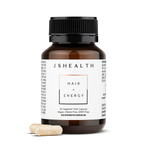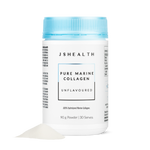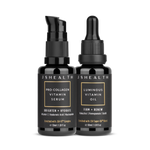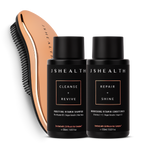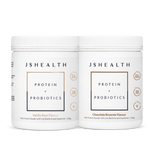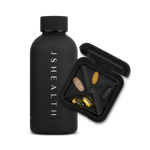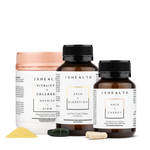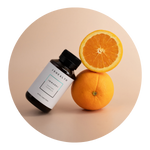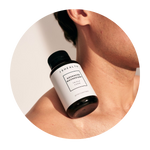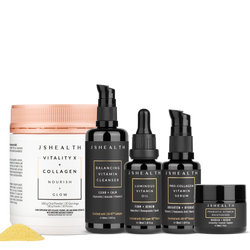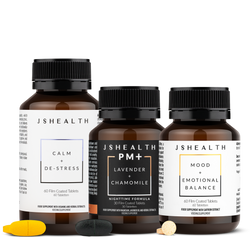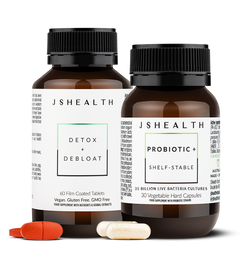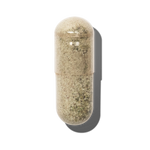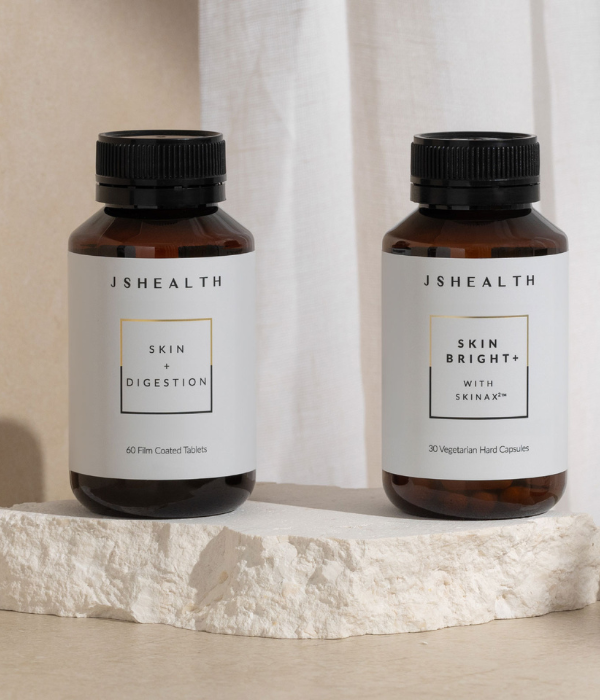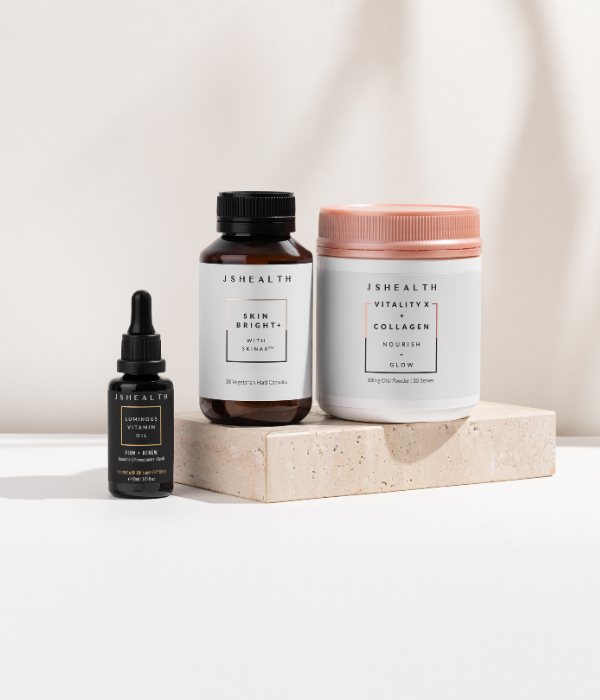3 Ways To Support Yourself This Autumn
As the leaves change and the days grow shorter, autumn often brings a wave of cosiness and, unfortunately, a few sniffles too! If you're feeling under the weather, that’s very common. We’ve got you covered with three simple yet scientifically-backed tips to help you support your immune system as the seasons change.
1. Get Plenty of Rest
It’s well known that quality sleep is vital for your overall health. This is particularly true as the seasons shift! During sleep, your body undergoes essential processes like cell repair, hormone regulation and immune function enhancement, which can be exacerbated during seasonal changes with added external stressors.
Studies show that inadequate sleep can also weaken your immune system, making you more susceptible to seasonal infections - a challenging cycle! Our tips:
- Aim for 7-9 hours of restorative sleep each night.
- Establish a calming bedtime routine: dim the lights, turn off your phone and take a soothing bath. Read our Founder Jess’ soothing nighttime routine here.
- Enjoy calming herbal tea like chamomile or lavender. These herbs have been shown to promote relaxation and improve sleep quality and are a beautiful ritual before bed.
- Create a sleep-friendly environment by keeping your bedroom dark, quiet and cool. Consider blackout curtains or a white noise machine for optimal conditions.
Prioritising rest not only supports your immune health but also helps regulate mood, keeping you balanced as you navigate the additional demands of changing seasons.
2. Find Ways to Manage Stress
Autumn can be a busy time with back-to-school routines, holiday planning, seasonal events and end of year work commitments.
Ongoing stress can contribute to a host of health issues, including a weakened immune system and increased inflammation, making you more susceptible to seasonal colds and flus.
To combat this, incorporate stress management techniques into your daily life, such as:
- Activities like yoga and meditation have been shown to reduce cortisol levels (a hormone that, in excess, can negatively impact your health). Try a 5 minute meditation on the JSHealth App for FREE!
- Take a simple walk in nature to lower stress and enhance your mood by boosting serotonin levels. This is particularly helpful during your work day.
- Incorporate mindful moments throughout your day, allowing you to significantly reduce stress levels. Try setting a reminder every 2 hours to take 5 deep, mindful breaths.
- Keep a gratitude journal to reflect on positive experiences and future goals. Writing down what you’re thankful for regularly can shift your focus and reduce anxiety.
3. Focus on a Nutrient-Dense, Balanced Diet
What you eat plays an important role in your immune health, particularly as the seasons change.
Our tips are to:
- Incorporate nutrient dense foods: During autumn, prioritise foods that are high in Vitamin C and antioxidants. Vitamin C is essential for stimulating the production of white blood cells, which are crucial for fighting infections.
- Incorporate immune-boosting foods: Add citrus fruits, bell peppers, strawberries and dark leafy greens to your meals. These foods are excellent sources of vitamin C and can help bolster your immune defences!
- Include probiotics: Foods like yoghurt, kefir and fermented vegetables support gut health by nurturing the microbiome. A healthy gut is vital for a robust immune response and can help lower the risk of illness during cold and flu season.
- Stay hydrated: Drink plenty of water throughout the day to keep your immune system functioning optimally. Herbal teas and broths can aid hydration while providing additional nutrients and soothing properties.
- Consider targeted supplements: Considering supplementing vitamin D - particularly in seasons where we are less exposed to sunlight. Zinc, echinacea, andrographis, ginger and turmeric can also provide an extra layer of support for your immune system, especially during the colder months when your body may need it most. Be sure to choose targeted supplements with quality forms of vitamins at high doses, and always check with your general health practitioner if each formula is right for you.
